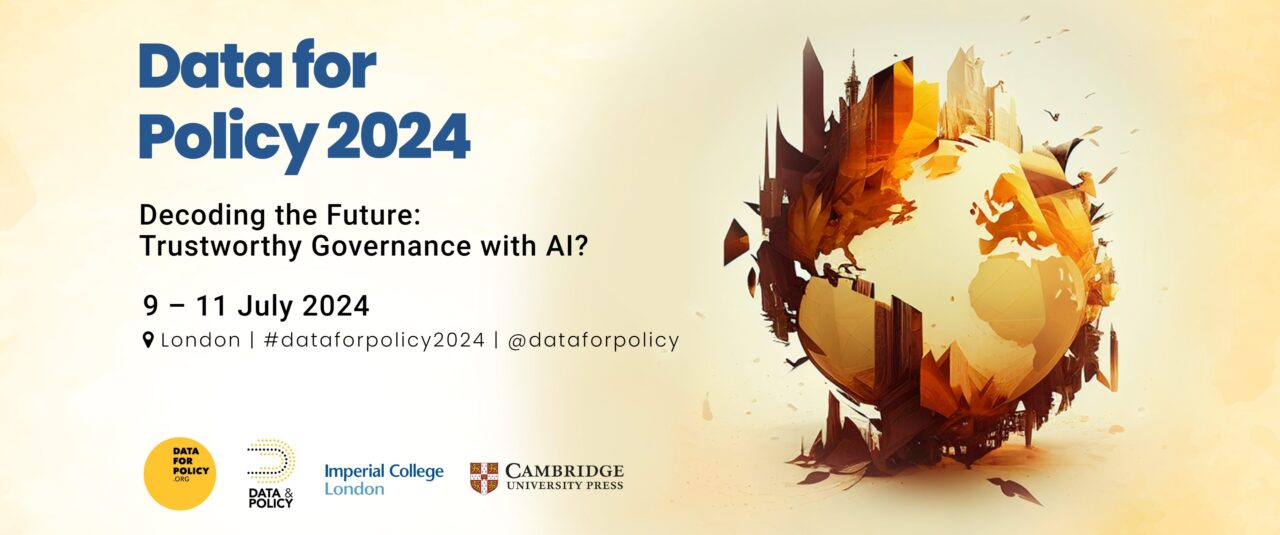
Special Track 4
Social media & government in the age of misinformation and generative algorithms
Special Track Chairs:
- Julián Villodre, Leiden University
- Sarah Giest, Leiden University
Description
Public administrations have been using social media to provide information about its activities and performance, to promote participation and critical thinking around policies and services, and to enhance collaboration as a way of improving service delivery and solve wicked problems. Moreover, the data that citizens produce on social media platforms (usually referred to as citizen-generated data), have been used both in routine and critical situations to detect trends and problems, anticipate citizen needs and behaviours, evaluate institutional strategies, and even improve policies and boost innovation processes. Examples of this can be found in several areas such as emergency management (e.g., create hot maps for emergency prevention, substitute traditional emergency channels such as 311 lines), healthcare (e.g., enhancing social support between citizens, detecting new trends and problems among patients), or police (e.g., citizen reports), among many others.
For doing so, public administrations have changed their traditional ways of monitoring, which usually relied on limited citizen surveys. In contrast, social media monitoring techniques have allowed public organizations to gather real-time data in a quicker and less expensive way. Social media monitoring can be defined as a body of methods and techniques that allow a public organization to gather and analyse evidence from social media content. Social media monitoring reveals citizens perceptions out of scope of traditional questionnaires, as it relies on data produced from the spontaneity of citizen interactions. It is able to capture specific contexts, enable comparisons between demographically different citizens, and reveal new trends, agreements and disagreements, among other benefits.
However, the use of social media data in policy making processes and service delivery has not been without problems. In recent years, there have been serious concerns around the limitations of social media use in public administrations due to its socially and politically embedded biases. The non-neutral nature of digital platforms has raised concerns in relation to data reliability and representativeness. Social media has also contributed to the diffusion of misinformation, information overload and general fatigue around contexts and events. Moreover, the recent presence of automated agents and generative algorithms connected to social media platforms introduces a different type of user capable of producing information that potentially deviates from reality, including invented data that might appear as trustworthy. Finally, social media monitoring techniques have raised potential concerns for surveillance, promoting intrusive practices that can threaten freedom of speech, or even modify citizen behaviours in undesired ways.
This special track tries to account for this dual nature of social media interactions, and how public organizations can address it. Topics of interest include, but are not limited, to:
- Promotion of transparency, participative and collaborative practices in social media.
- The process of integrating social media data into policy-making processes.
- Challenges linked to social media data (e.g., lack of reliability).
- The presence of automated agents and generative AI on social media, and its derivative challenges.
- The governance of misinformation and non-neutrality.
- The impact of social media affordances (such as visibility, anonymity, etc.) and how public organizations deal with them.
- Social media monitoring practices and challenges.
- The autocratic nature of social media platforms (e.g., surveillance, politically oriented behaviour modification, etc.).
- The promotion of trustworthy digital government-citizen interactions in social media (e.g., to improve institutional trust, democratic goals, etc.).
